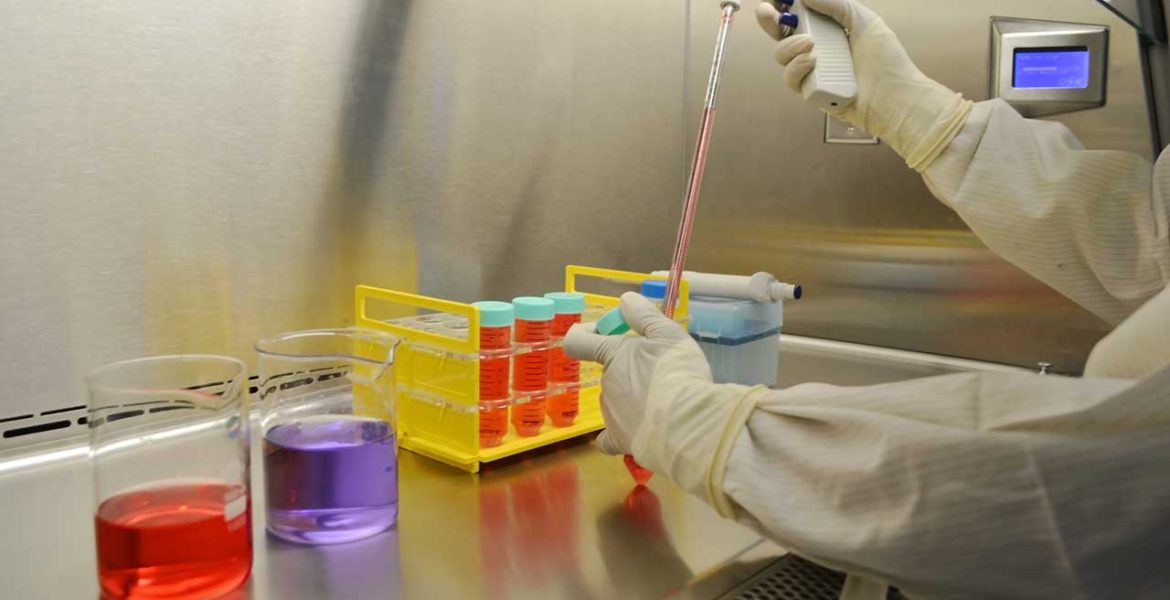By Jay Friedman, President of Goodway Group
There are two guarantees in every industry. First, that it will be transformed to be more scientific than intuitive, and second, that people will lament the loss of the ‘art’ of that intuition.
In the 1930s the world went from homemade illness remedies to pharmaceuticals, with whiskey transitioning to antibiotics. For those who focused on home remedies and didn’t adapt to becoming chemists, the game was over. The same happened with farming. We went from farmers being great because of intuition to farmers being great because they understand the science of farming.
Whether it’s farmers, stockbrokers, sports team executives, or pilots, people and things perform better when data, algorithms, and science guide them. Even pop music is now run through software that predicts how likely it is to be a hit before it’s published – and that is art – long thought to where algorithms could never go.
The days of intuition-driven marketing are too coming to an end. Marketing is becoming a science, and most of the world still resists acknowledging this transition.
The Science of Messaging
All of this is not to say human ideas are no longer valuable. In fact, they will be the seeds that nourish the algorithms. But human ideas will be tested on a small scale and, only if successful, be brought into the algorithm’s recommendation engine. This includes media channels, moments, context, and especially messaging. Especially messaging.
A perfect example is a throwaway line at the end of so many commercials. Take the line in this AT&T spot, “I think, I don’t actually play golf.” Today, clients value these lines because it provides the brain with closure. “Ah, we did a sports analogy, and so we’re ending with something light-hearted that talks about golf.” This helps executives feel as though they’re sticking to a theme and demonstrating a connection or thread throughout the spot.
But does that add to recall? Does it increase awareness or understanding of AT&T 5G? Would the spot be more or less effective without it? Is there another line they could have used that would have been more additive? Maybe this was in fact the perfect line, but the future requires proof and not just a hunch.
Measurement Becoming More Scientific
Today, we measure but without proof. This is the same as those that ‘measured’ 100ml of herbs but had no statistical, repeatable proof it cured the disease. We measure last click, leads, downloads, and other actions, but we haven’t tied them statistically and scientifically to sales. We credit activities with contributing to a sale, but we don’t do the job of removing what is getting credit and seeing if sales are reduced.
In short, real scientists apply specific rigor to their tests and experiments and are able to claim successes that their peer community would all largely agree on. Today, there is no set of standards, but this is going to change.
Despite it being trendy to declare the purchase funnel dead, there’s yet to be anyone providing a suitable replacement that helps marketers move consumers from first learning about a brand to purchasing it. For most categories, the levels of consumers being familiar with a brand, having an opinion about that brand, considering purchasing that brand, and ultimately making the decision to purchase that brand are data points that are massively important to marketers! They’re important because they show marketers the gaps that need to be closed in order to minimize the drop-off between awareness and purchase.
For example, if two brands have 88% awareness but only 65% favorability, the brand that rigorously tests the variables being used to close those gaps for effectiveness will much more quickly prune those that don’t work or work less effectively, and amplify the variables that contribute to success, whereas the brand who relies on hunches will likely prolong ineffective strategies and messages. As brands get more scientifically rigorous in their strategies, testing, and execution, hunches and intuition will become hypotheses to test, not strategies to rely on.
In time, like any other industry that has undergone a scientific transformation, the majority of craftspeople and artists that resist this transformation end up literally losing the fight against their competitors. Read any one of the thousands of books on disruption to see how this plays out.
Marketers today are not facing an if, but when marketing gets transformed and driven by science, testing, iteration, and algorithms. It’s those that engage and begin to build competency here that will thrive the earliest, and potentially the longest.


Another good one, Jay. Always bringing the fresh insights!